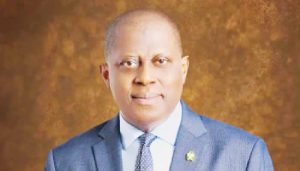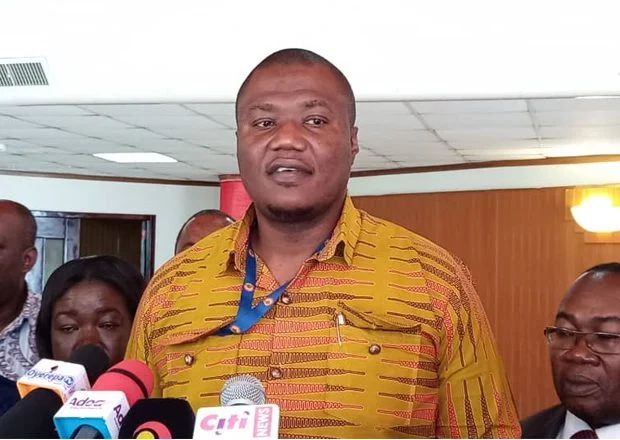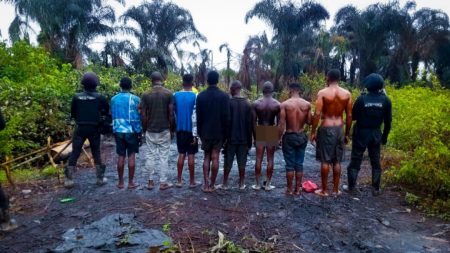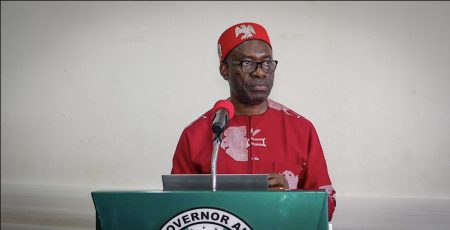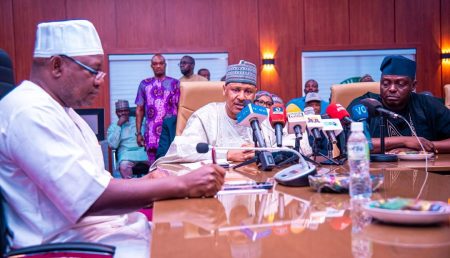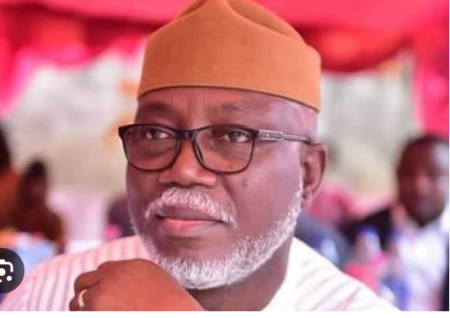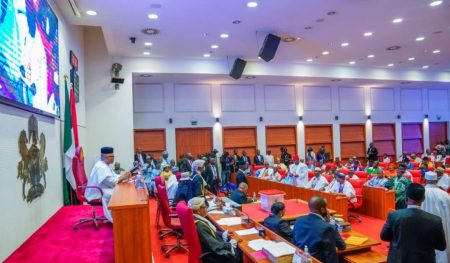The ongoing strike by the Ghana Registered Nurses and Midwives Association (GRNMA) has plunged Ghana’s healthcare system into a state of crisis, disrupting services and raising concerns about patient care. However, recent developments in Parliament offer a glimmer of hope for a resolution. Dr. Nana Ayew Afriyie, Ranking Member on Parliament’s Health Committee, expressed optimism that the impasse could end soon, citing a productive, cross-party meeting held by the committee. This bipartisan effort, with lawmakers from both the Majority and Minority caucuses collaborating to find common ground, signifies a potential turning point in the standoff. Dr. Afriyie’s statement suggests a positive shift towards dialogue and a shared commitment to resolving the crisis, fueling hope for a swift and amicable resolution.
The Health Committee’s meeting, characterized by its non-partisan approach, focused on identifying practical solutions to the nurses’ grievances. Recognizing the legitimacy of the nurses’ demands for better working conditions, Dr. Afriyie emphasized the Minority’s support for their cause. However, he also appealed to the GRNMA to consider the wider ramifications of the strike on the Ghanaian population, especially vulnerable patients reliant on the healthcare system. This balanced approach, acknowledging both the nurses’ rights and the public’s needs, highlights the delicate balancing act required to resolve the situation effectively. The committee’s efforts to bridge the gap between the GRNMA and the government are crucial in navigating this complex issue.
The strike, now in its second week, stems from the government’s alleged failure to adhere to a revised collective agreement and improve the conditions of service for nurses and midwives. The GRNMA’s industrial action has resulted in the closure of outpatient departments and widespread disruption of healthcare services in both public and some private facilities. The closure of these essential services underscores the severity of the situation and the urgent need for a resolution to alleviate the strain on the healthcare system. The impact on patient care and access to medical services highlights the far-reaching consequences of the prolonged strike.
While the government has yet to fully address the GRNMA’s demands, the collaborative approach in Parliament signals a promising development. The willingness of both sides of the political spectrum to engage in constructive dialogue and seek a mutually acceptable solution offers a ray of hope for a swift end to the crisis. This bipartisan effort, transcending political differences, emphasizes the shared concern for the well-being of the nation and its healthcare system. The unity displayed in Parliament sets a positive tone for the negotiations and increases the likelihood of a positive outcome.
The ongoing dialogue and potential for a resolution are being closely monitored by stakeholders across the health sector and civil society. Their hope is that the collaborative spirit demonstrated in Parliament will translate into tangible results, leading to an agreement that addresses the nurses’ concerns while ensuring the continued delivery of vital healthcare services to the Ghanaian population. The successful resolution of this crisis is critical not only for the well-being of the nurses and midwives but also for the stability and effectiveness of the entire healthcare system.
The strike’s impact on healthcare access, coupled with the ongoing efforts to find a resolution, underscores the significance of this situation for Ghana. The nurses’ grievances, the government’s response, and the Parliament’s role in mediating the dispute all contribute to a complex scenario with significant implications for the nation’s healthcare system. The outcome of these negotiations will have far-reaching consequences for the future of healthcare in Ghana and the well-being of its citizens. The hope remains that the bipartisan efforts will yield a positive resolution, addressing the nurses’ concerns while safeguarding the health and well-being of the Ghanaian people.



